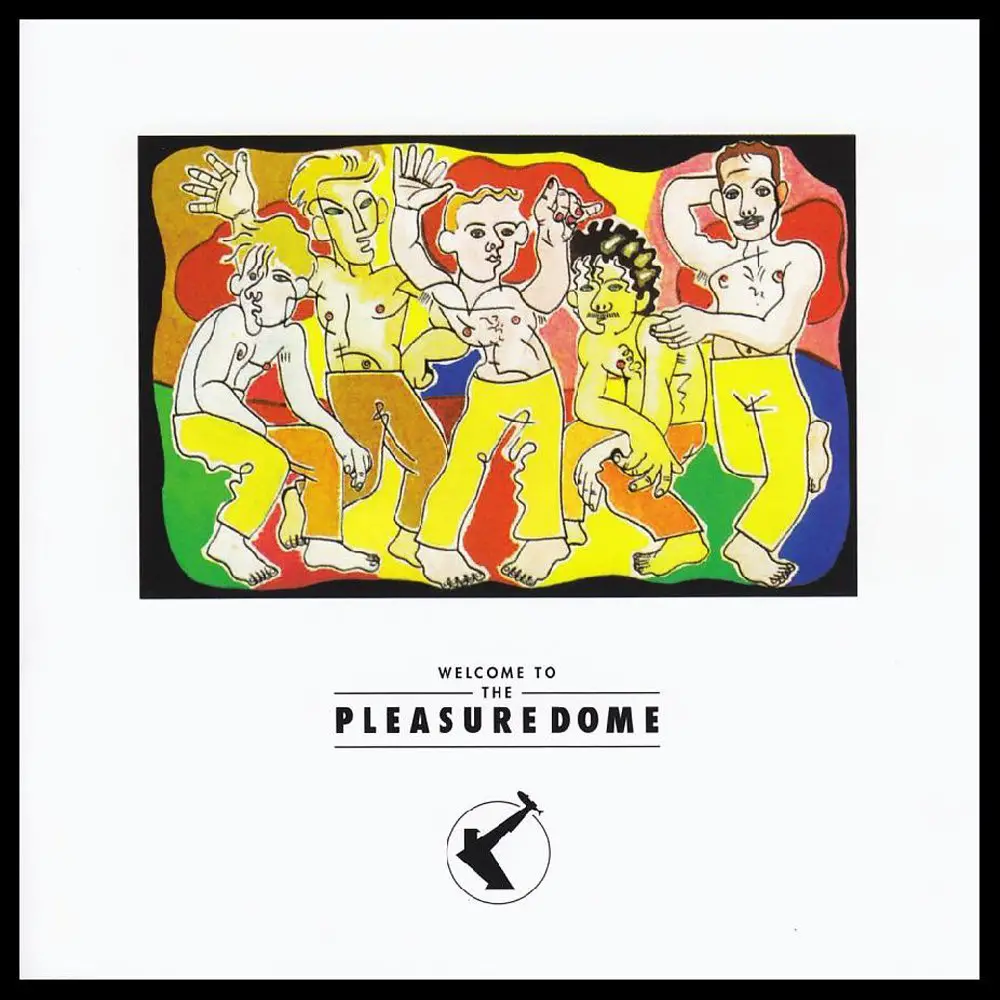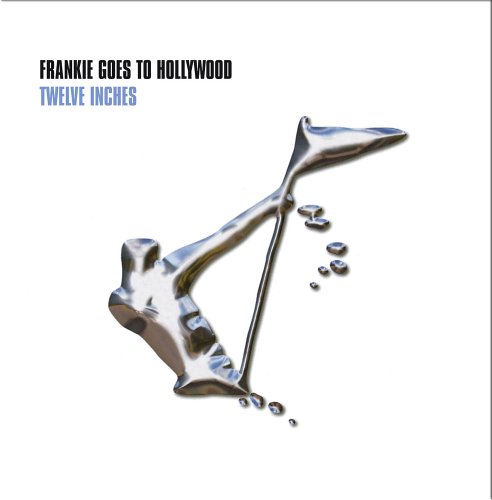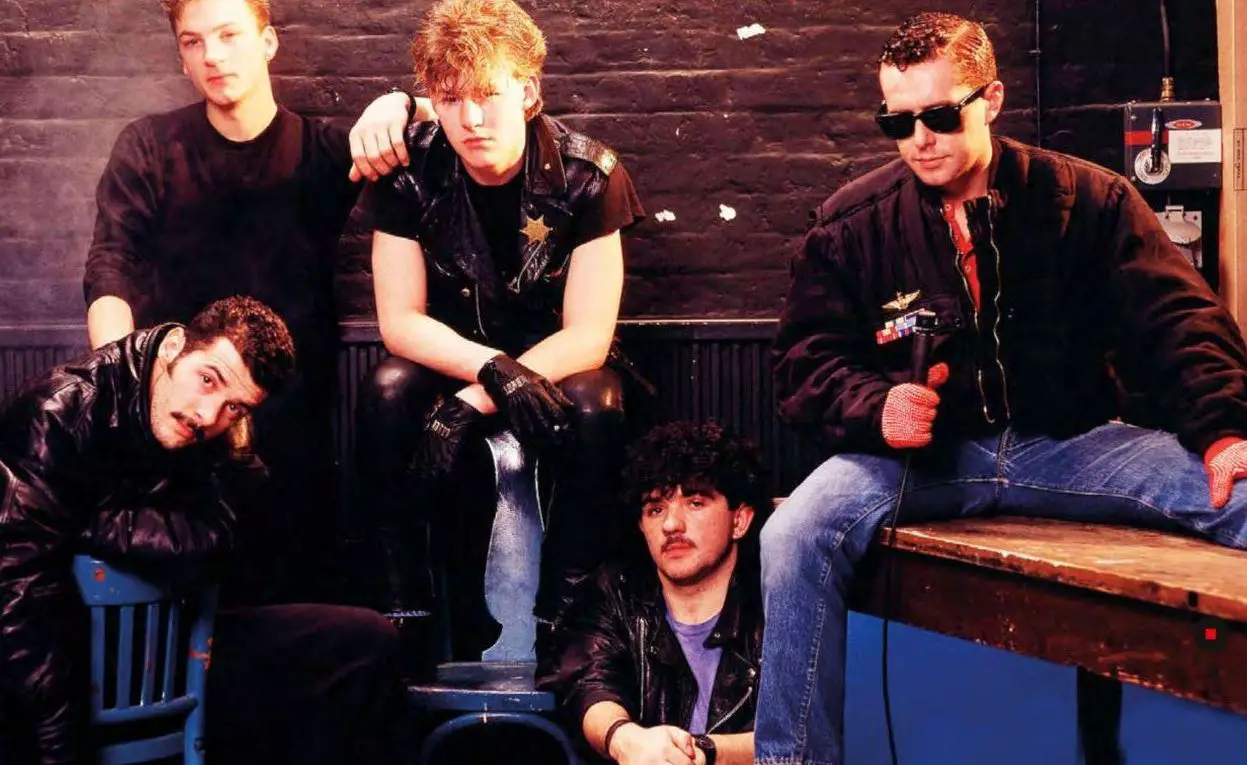Frankie Goes To Hollywood Songs Ranked
Frankie Goes to Hollywood was a British band formed in Liverpool, England, in the 1980s. The group was fronted by Holly Johnson (vocals), with Paul Rutherford (vocals), Peter Gill (drums, percussion), Mark O’Toole (bass guitar), and Brian Nash (guitar). n 1985 the band won the Brit Award for British Breakthrough Act. Associated with the Second British Invasion of the US, they also received Grammy Award and MTV Video Music Award nominations for Best New Artist.[10][11] Songwriters Johnson, Gill, and O’Toole received the 1984 Ivor Novello Award from the British Academy of Songwriters, Composers, and Authors for Best Song Musically and Lyrically for “Two Tribes”. In 2015, the song was voted by the British public as the nation’s 14th-favorite 1980s number one in a poll for ITV. Here are all of Frankie Goes To Hollywood songs ranked.
Don’t miss out on the music of Frankie Goes To Hollywood below! Click below and listen to the songs enjoyed by many countries!
10. (Don’t Lose What’s Left) Of Your Little Mind (Liverpool, 1986)
“‘Don’t Lose What’s Left (Of Your Little Mind)’, consisting of Count Dracula-style vocals backed with er sampled burps. Shakespeare it’s not. And my 7″ came with a bunch of pop-up fists. I do hope that wasn’t intended to be rude. I may blush.”
9. Wish The Lads Were Here (Welcome to the Pleasuredome, 1984)
“This album screams of 80’s excess. I mean, make a double album out of synth pop tunes, including the 14 minutes long “Welcome to the Pleasuredome”. Its really too much too take in at the same time, and by the halfway line I’m exhausted.”
8.Watching the Wildlife (Liverpool, 1986)
“Hardly the strongest track on the album, and even giving away a free condom with every copy couldn’t propel this final Frankie single beyond number 27. Ahead lay acrimonious break-up, Holly Johnson’s blink and you miss it solo success and an endless round of re-issues, remixes & cash-ins.”

7. Warriors of the Wasteland (Liverpool, 1986)
“Liverpool wasn’t the big toss everybody expected. But this single should be as great (well maybe greater) than every single before and after. The band itself produced this maxi-single with all signatures they had: with howling vocals by Holly, full orchestrated arrangements with tons of synths, strings, guitars, a dynamic production with silent and very loud parts, everything completely danceable …”
6. Rage Hard (Liverpool, 1986)
“Undoubtedly a candidate for most ridiculous lyrics ever; ‘love like the head of Apollo young and strong on the wings of tomorrow’, this track remains bizarrely one of my all-time favorites. Curiously uplifting, this thumping tune conjures up some sort of Mad-Max scenario and was effectively the band’s last great moment.”
See more: Frankie Goes To Hollywood Albums Ranked

5. War (Welcome to the Pleasuredome, 1984)
“War (Hidden) is unique to this release although it sounds just like a longer version of War (Hide Yourself) which is on the B-side to both the Two Tribes maxis and not really very dissimilar to War (…and hide) which is the LP version. The art prank involves a Reagan impersonator (I believe it is Chris Barrie of Spitting Image / Red Dwarf etc fame, he gets a credit on the album) waxing philosophical about, well, war, which is kind of funny once and on repeat listens you just concentrate on the percussion, but the Che Guevara / Malcolm X riff alluded to in another review of this is not on this one, that’s on the album version.”
See more: The Alan Parsons Project Albums Ranked
4. Welcome to the Pleasuredome (Welcome to the Pleasuredome, 1984)
“More of a sketch of a good song than a completed one, it at least holds together better as a single than on its parent album. There, it’s Trevor Horn’s version of a side-length jazz workout, where every studio trick is employed multiple times, so that by the time the slowed-down voice bellows “WEL-COME!” at the close, most visitors to said Pleasuredome have presumably climaxed and fallen asleep, or simply wandered off.”
3. The Power of Love (Welcome to the Pleasuredome, 1984)
“This slow, drifting, almost orchestrated, the ballad was dressed up in the promo video as having a yuletide feel to it, but the lyrics certainly cannot attest to this masquerade. The pained yearning of Mr. Johnson raises this typical love song from verging on the trite and obvious to the heights of imaginative and evocative pledges of true love, betrothing protection against all comers even those of a supernatural dimension. Battling demons has never been so personal with the weapon basically an abstract concept deftly wielded.”

2. Two Tribes (Now That’s What I Call Music 3, 1984)
“In the Eighties Europe was a battleground – or rather a ‘theatre of war’ – with the Americans and Soviets stockpiling their missiles on our doorsteps to much protest and the Cold War threatening ‘mutually assured destruction’. This single perfectly encapsulates that period; the ‘everything but the kitchen sink’ Trevor Horn production, the Soviet chic graphics and the morbid fascination with the nuclear mushroom cloud we thought was hanging over us. Pop has never sounded so feeble and irrelevant since in comparison.”
1. Relax (Now That’s What I Call Music II, 1984)
“”Relax” wasn’t only made for the joys of gay sex but for all kind, I presume. Holly and cohorts have done here one of those timeless hymns about the pleasure of sex – not necessarily S&M – and the moment of the orgasm. It went extremely good on the charts not without controversy and in a moment got banned from radio plays and TV. Some crappy British DJ called it obscene and then the single went higher and higher on the charts. Oh, God, how I remember all these moments too well: the 80’s, the AIDS nightmare, the cloths,..”

